Our work occupies a significant portion of our lives, consequently playing a crucial role in our overall well-being. As famous writer Annie Dillard once said, “how we spend our days, is of course, how we spend our lives, in fact, the average person will spend rough 90 000 days of their lifetime at work.”
So, it’s safe to say our work makes a huge impact on our quality of life. With all of the dynamics in the workplace, it’s natural to occasionally feel emotionally, physically, and mentally exhausting. However, if persistent work-related stress is not attended to it can take a toll on our health ultimately leading to burnout.
Coined by psychologist Herbert Freudenberger in the 1970s, burnout is a state of mental and emotional exhaustion that can zap out your excitement about work and your life. Easily confused with fatigue, it is much more than that; burnout is a severe stress condition that if left untreated can have a detrimental impact on your physical and psychological health, causing illnesses such as depression, heart disease and diabetes.
Burnout makes it difficult for you to handle day-to-day activities, even the easiest ones that you could take off with ease. As such, it can significantly slow down your productivity and put you in the cycle of doom where you are racing to meet deadlines and feeling like you’re running on empty. As we all know, our health lies in finding balance. How do you master the art of creating a healthy balance between work and your social, mental, physical, and overall wellbeing? We’ve put together 8 tips to help you maintain a healthy work lifestyle and avoid burnout.
1. Rest
This may sound like a distant dream for a workaholic but it’s important. Your health depends on it. Resting is the best way to let stress subside. Take time out to do something that helps you relax and doesn’t require you to overextend yourself mentally and physically. This can be reading, enjoying a walk in the park or by the beach – or simply zoning out of life.
We live in a world where we are constantly busy, and rest – this important part of our lives – is often neglected. In the pursuit of wealth, remember that your health comes first. Take time out to reboot, relax and rejuvenate. If you must, schedule “self-care” time in your calendar. If you don’t make yourself a priority then who will?
2. Sleep
This one is even more important than resting. It’s common knowledge that the average human needs 8 hours of sleep every night. If you’re part of the “burning the candle at both ends” brigade then this might not be something you want to hear. However, getting in enough hours of sleep is crucial to your health.
For example, sleep is important in the process of healing and repairing your heart and blood vessels. As such, health issues like kidney disease, high blood pressure, diabetes and strokes are often linked to prolonged, ongoing sleep deprivation. After a long day, always aim to have a good night’s rest so you can replenish your strength and take on the next day stronger.
3. Exercise
Taking part in physical activities such as hiking, jogging, playing sports, or going to the gym is key to your physical health and keeps burnout and many dangerous diseases at bay. While the physical benefits are endless, exercise has also been said to improve your mood and decrease feelings of depression, anxiety, and stress.
The more you exercise, the more you release endorphins (also knowns as the “happy” feelings) and increase brain sensitivity for serotonin and norepinephrine hormones which relieve feelings of depression.
It doesn’t matter how intense your workout is – any form of physical activity can work wonders for your mental health, give your more energy throughout the day and also help you sleep better.
4. Delegate
If you’re a resourceful person who prefers to take everything on, this could lead to burnout faster than you might expect. You shouldn’t try to do everything on your own, so get help where you need it.
Draw up a list of all the urgent tasks that you need to fulfill and choose the ones that require your particular focus, then delegate the rest to your team or ask for help. You don’t have to suffer in silence.
If you need help managing daily tasks that are important but equally time-consuming, outsource some of the work to a virtual assistant or get a remote team for things you can’t get to so you can focus on the bigger and more important tasks.
5. Prioritise
Sometimes burning yourself out to meet a last-minute deadline can leave you feeling extremely taxed at the end. Prevention is better than cure, as with most things, so we suggest that you set your priorities straight and plan ahead to avoid stressful, last-minute situations.
Scan your life and take inventory of all the tasks you need to complete and place them in a hierarchy from urgent and important down to just important.
Learn more about setting your priorities straight with the Eisenhower decision matrix – it will help boost your productivity in a holistic and balanced way.
6. Learn to say no
This isn’t the easiest thing to do, but it is also the most important. While helping others is noble, you’re going to have to be selective, because as we established earlier, you can’t do everything. Before you take on an extra task or commitment, look back at your list of priorities and check how far you are with the urgent and important tasks on your list?
Be honest. Do you have the capacity to take on this new task? If not, kindly decline or offer another time to assist when you have availability. By learning to say no you’re not only managing your task list better, you’re also being kind to yourself – and this will help keep burnout at bay.
7. Reduce screen time
Taking time to unwind means unplugging from the rest of the world. When the working day is done, you might consider watching the latest show on Netflix or scrolling through your favourite social media pages to help decompress but don’t be fooled, it’s not downtime.
These activities are stimulating your brain and producing dopamine, a brain chemical that is just as addictive as shopping, drugs, or gambling. This can lead to hours of time lost and the need to do it again the very next day.
Too much time in front of the television or on your phone takes away from the time you could have spent relaxing, exercising, or being in nature. This time, be intentional about taking a break from your devices, even if it’s just for 2 hours.
8. Reach out for help
If you’re already feeling anxious from work-related stress or life’s demands then don’t be afraid to reach out for help. Beyond delegating, if you feel you are overwhelmed and it’s starting to affect your mental health, talk to a therapist or try personal counseling.
Sometimes when we lose our balance, it helps to get support from a professional so we can find our way back. You don’t have to drown; help is always just a call away.







